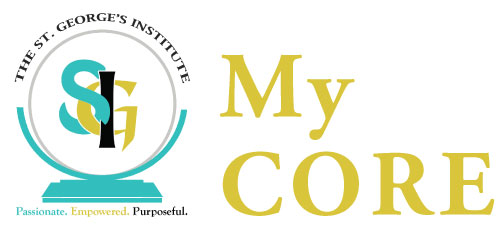Inter-regional cooperation after 1962
The ‘’Little Eight’’
In May 1962, the Eastern Caribbean islands expect Trinidad tried to preserve
some form of closer union at a Conference in London. Barbados, the
dominant partner by population and resources, was at first enthusiastic and
tried to hold the ‘’Little Eight’’ together by calling conferences in Barbados in
1963 and 1964. However, by 1965 Barbados had decided to seek separate
independence and the ‘’Little Eight’’ broke up.
CARIFTA (Caribbean Free Trade Association)
CARIFTA was founded with the intent to unite various the economies of
various independent Caribbean nations and give them a joint presence on
the international scene. CARIFTA was founded by Antigua and Barbuda,
Barbados, Guyana, and Trinidad and Tobago on December 15, 1965, with the
signing of the Dickenson Bay Agreement. They were joined on July 1, 1968
by Dominica, Grenada, St Kitts-Nevis-Anguilla, Saint Lucia, and St Vincent
and the Grenadines; and on August 1, 1968 by Montserrat and Jamaica. In
1971, Belize (then British Honduras) joined the Association.
Specifically, CARIFTA was intended to encourage balanced development of
the region by:increasing trade- buying and selling more goods among the Member States;
diversifying trade- expanding the variety of goods and services available for
trade;
liberalizing trade- removing tariffs and quotas on goods produced and traded
within the area; and
ensuring fair competition- setting up rules for all members to follow to
protect the smaller enterprises.
The agreement also sought to:
ensure that the benefits of free trade were equitably distributed;
promote industrial development in the LDCs;
promote the development of the coconut industry (through an Oils and Fats
Agreement) which was significant in many of the LDCs;
rationalise agricultural production but in the interim, facilitate the marketing
of selected agricultural products of particular interest to the LDCs (through
the Agricultural Marketing Protocol); and
provide a longer period to phase out customs duty on certain products which
were more important for the revenue of the LDCs.
CARIFTA was superseded by the Caribbean Community (CARICOM) in 1973.
LDCs- Less Developed Countries
CARICOM
What it stands for CARIBBEAN COMMUNITY
Previous name: CARIFTA (CARIBBEAN FREE TRADE ASSOCIATION)
When did it come into full effect:August 1st, 1973
Treaty’s name &
location:
Treaty of Chaguaramas (Trinidad & Tobago) By the
the signing of this treaty, CARICOM was set on 4th July,
1973
Headquarters: Turkeyen, Georgetown (Guyana)
Membership:
1. Antigua & Barbuda
2. Bahamas
3. Barbados
4. Belize
5. Dominica
6. Grenada
7. Guyana
8. Haiti
9. Jamaica
10. Montserrat
11. Saint Lucia
12. St. Kitts and Nevis
13. St. Vincent & the
Grenadines
14. Suriname
15. Trinidad and
Tobago
Associate
Members:
Anguilla, Bermuda, British Virgin Islands, Cayman
Islands, Turks & Caicos
Head of
Organization:
CARICOM SECRETARIAT
Objectives
(what CARICOM
would like to do):
a) improved standards of living and working
conditions;
b) full employment;
c) increased sustainable economic development;
d) expansion of trade and economic relations with nonmembers;
e) enhanced levels of international competitiveness;
f) increased production and productivity;
g) having greater control (leverage) when dealing with
other countries regarding economic policies;
h) harmonization (agreement) of economic policies
among member countries;
i) enhanced functional cooperation, including a
focus on greater understanding of social, cultural &
technological development, improved health,
education, transportation & telecommunications
that would benefit all Caribbean countries involved.
Functions (what is
the Secretariat’s
purpose or what
they actually do):
Initiate or develop proposals and policies for
consideration and decision by the relevant
bodies
Conduct studies & research important to the
region
Provide services to the Member States
Service meetings & follow-up action on
decisions taken
Collect, save and publish information to
Member States
Help members in implementing plans &
programmes
Gather finances from donors to help in
implementing these programmes
Prepare the Budget of the Secretariat
Conduct fact-finding assignments in Member
States (i.e. if there is any controversy the
Secretariat serves as a fair, unbiased &
impartial body)
